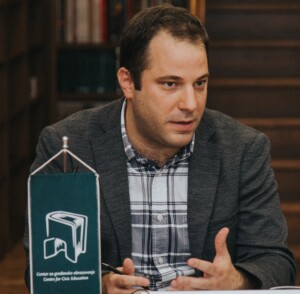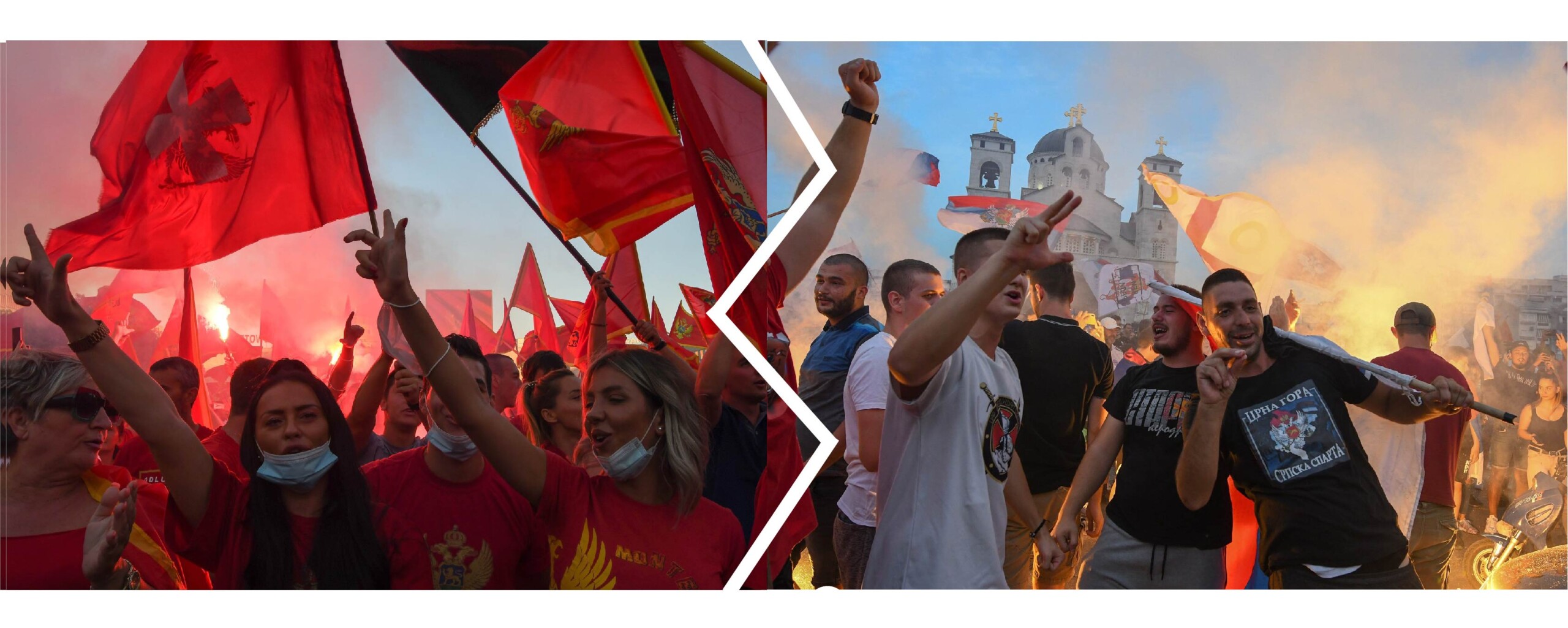The upcoming census has been a highly politicised matter in Montenegro. The fundamental ideological orientation seems to be much more important than the nominally national one. The current orientation is that Montenegro should be an independent, civic, exclusively pro-Western country. Any aggressive contradictions to that ideological concept and any threat to a historic right to Montenegrin self-determination could lead to great shifts within the population regarding the national question.

Writen by: Milos Vukanovic
Understanding a census as a monotone, statistical procedure is a fairly recent development in a historical context, and it is attributed to countries with strong government systems and institutions, and / or straightforward national identities. As Montenegro doesn’t tick either of those boxes, of course that next year’s census has become a highly politicised matter.
Up until the 1948 census, Montenegro didn’t require any official identification of nationality, only its citizens’ religious orientation. This means that we can only track the religious developments during the periods of the Kingdoms of Montenegro, and of Serbs, Croats and Slovenes / Yugoslavia. The first census lists in 1910 didn’t offer a section for national orientation, but only for religions (Orthodox, Mohammedan, Catholic) and mother tongue. Interestingly, the census did not even recognise Abarnasi. On the other hand, when citizens of then-Kingdom of Montenegro arrived at Ellis Island in New York, they overwhelmingly declared themselves as Montenegrin, demonstrating a relationship with their identity after all.
The 1948 census in Montenegro noted over 90% of Montenegrins, obviously of all religions. This can be seen as a move towards self-determination, in relation to the objective identity oppression from the period of the Kingdom of Yugoslavia; what had been a desire of the war victors to unify under a national identity. It was also the sign of a scarcity of options, as well as a greater fear of many citizens to disrupt the state proclaimed narrative.
During SFRY, there has been a shift in Montenegro’s population, an introduction of the Muslim national cateogry, and the appearance of the Yugoslav concept. A significant oscillation in the number of Serbs was noted as well. In 1971 there were 7.46% of Serbs. In 1981, the number was reduced to only 3.32%. The 1991 census (61,9% Montenegrin, 9,3% Serb) gives us a crucial national overview of Montenegro, which will then enter an identity crisis, prompted by the events of the ‘90s and the 2006 referendum. This turbulent period was followed by an evolution of post-communist identities, which came with a more prominent narrative of the uniqueness of the Montenegrin nation on one hand, and the ideological replacement of defending the Yugoslav identity by defending the Serb identity on the other. We have also seen the dissolution of the Muslim identity into Muslim and Bosniak. It is worth noting that the 2003 shift (Montenegrins 43,4% and Serbs 32%) from the 1991 picture are also a consequence of war migration in Yugoslavia – meaning a high volume of refugees coming into Montenegro, as well as leaving the country for economic reasons. The 2011 census (45% Montenegrins, 28,7% Serbs) was a small fluctuation compared to 2003, but what did become obvious was that the Montenegrin identity was slowly spreading towards the Serb, but also losing support with Montenegrin citizens of Catholic and Islamic religious orientations.
It must be noted that the differences in national orientation among citizens of Montenegro can be cultural or identity-led at any moment, but also that the national identification is not as prevalent as it is in the other countries in the vicinity.
Montenegro is essentially still a community of descendants of independent comunes (tribes), and local, isolated cultural communities which were among the first in the Balkans to build a country. To this day, almost all Montenegrin citizens will describe their identity internally, in relation to the Montenegrin one. Variations and changes are still essentially a response to state politics, whose centralisation has traditionally been disputed. The fundamental ideological orientation seems to be much more important than the nominally national one. The current orientation is that Montenegro should be an independent, civic, exclusively pro-Western country. Any aggressive contradictions to that ideological concept and any threat to a historic right to a Montenegrin declaration can lead to great shifts of population regarding the national question.
This concept still seems to escape many of the political factors, who tend to utilise the census results to suit their own agendas.
Milos Vukanovic, historian, specialises in studying and presenting controversial topics of the 20th century. Former curator at the Historical Museum and Vice President of Montenegro’s National Museum. Currently a consultant at the Center for Civic Education in Podgorica



Leave A Comment